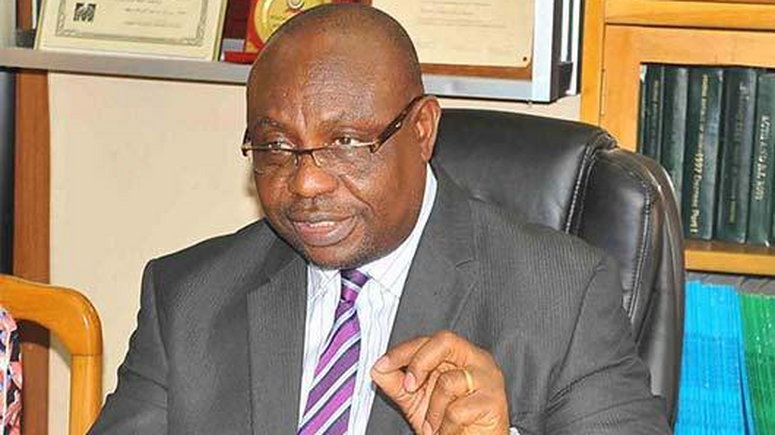The Independent National Electoral Commission (INEC) believes that the forth-coming gubernatorial elections in Edo and Ondo states would not be a tea party.
The INEC admitted this much on Thursday, in Abuja.
Speaking against the backdrop of the COVID-19 pandemic, the Commission said that very few jurisdictions have experienced conducting elections under the prevailing health situation.
In a statement signed by National Commissioner and Chairman Information and Voter Education Committee, Festus Okoye, INEC said, “elections in a pandemic such as COVID-19 is yet uncharted waters. Only very few jurisdictions have any experience with this.
“Notwithstanding, the commission is committed to conducting all elections that are due within the extant legal framework. However, in so doing it will put a premium on public safety and mitigation of health risks from COVID-19.
“However, in so doing it will put a premium on public safety and mitigation of health risks from COVID-19. Citizens must be assured that they will be safe while participating as voters, candidates and officials.
“The Commission remains committed to raising public confidence in the electoral process in spite of the challenges posed by the pandemic and to regularly communicate its actions and challenges to the public.”
The electoral body further disclosed that it will publish the policy document that will guide the conduct of the governorship elections for Edo and Ondo states on Monday.
It noted that the policy will assist the officials and Staff of the Commission to understand and respond to challenges of conducting election in the context of COVID-19 pandemic.
“The general purpose of the Policy is to enable officials and staff of the Commission to understand and respond adequately to the challenges of conducting elections in the context of the COVID-19 pandemic and to provide a guide for engagement with stakeholders as they prepare for elections.
“The clean copy of the policy document, which will be released on Monday 25th May 2020, covers health and legal issues, election planning and operations, election day and post-election activities, voter registration, political parties, election observation, electoral security and deployment of technology.”


